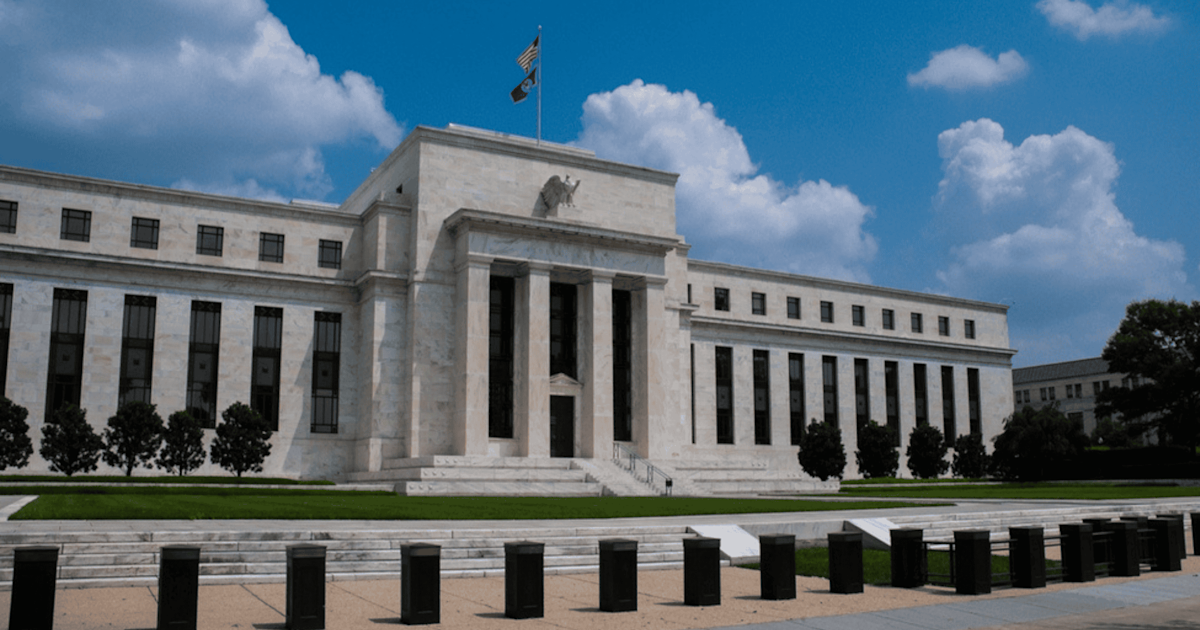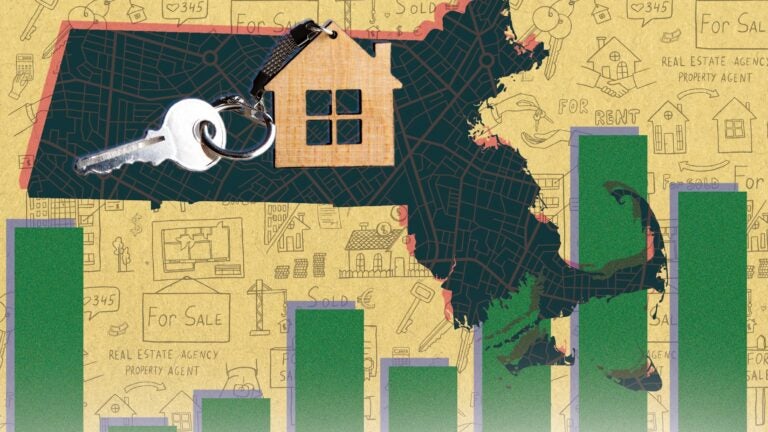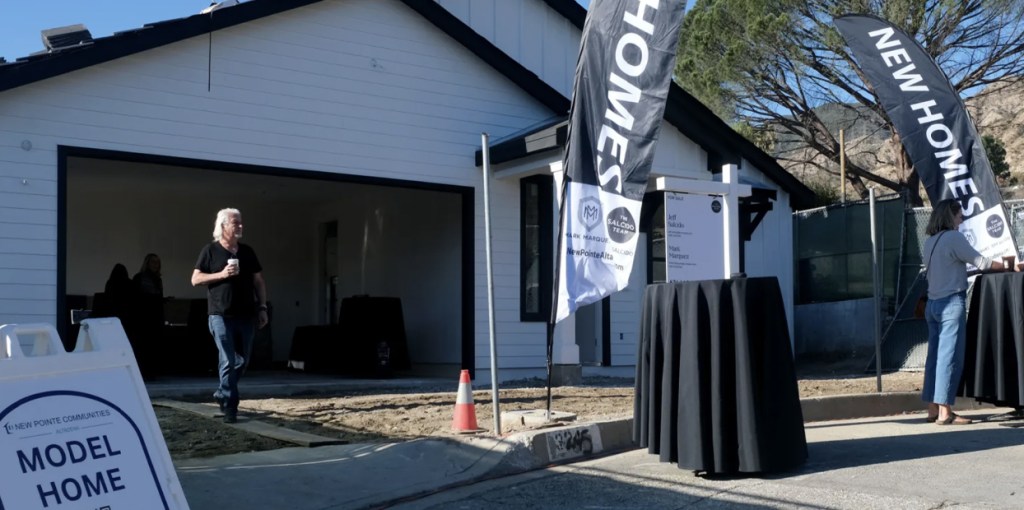B
ecause the Bureau of Labor Statistics will not publish the October employment report, the Federal Reserve faces a data gap ahead of its final 2025 meeting. The shutdown prevented the collection of the October Employment Situation data, so the BLS will include whatever figures it has in the November report, now scheduled for release on December 16 instead of the original December 9‑10 window. Fed Chair Jerome Powell has said labor‑market statistics are a primary input for policy decisions, so the absence of fresh jobs data may make the board more cautious about cutting rates.
At the Fed, Governor Lisa Cook has reiterated her denial of mortgage‑fraud allegations made by FHFA Director Bill Pulte. Cook’s attorney wrote that Pulte’s claims were baseless, that the public and DOJ were misled, and that Cook’s loan documents show no criminal wrongdoing. Several Senate Democrats—Senators Warren, Durbin, and six others—have asked the Government Accountability Office to investigate Pulte’s criminal referrals, arguing that he has used FHFA resources to target political opponents, including prominent Democrats and officials who have been threatened by President Trump.
Former Fed governor Adriana Kugler is also in the spotlight after the Office of Government Ethics found that she disclosed stock trades made on blackout dates that violated the Fed’s ethics rules. Kugler said the trades were executed by her husband without her knowledge, but the OGE report notes that the trades occurred shortly before Fed meetings in 2024.
President Trump has nominated Stuart Levenbach, an OMB official, to serve as the next director of the Consumer Financial Protection Bureau. The administration has signaled its intent to shut down the CFPB, and OMB Director Russell Vought estimates the closure will take a few months. Levenbach must first be confirmed by the Senate before he can take the helm.
In Washington, the National Association of Home Builders has endorsed the Environmental Protection Agency’s proposal to redefine “waters of the United States” under the Clean Water Act. The rule would limit wetland protections, aiming to cut regulatory red tape and provide clearer guidance for builders amid the housing inventory shortage. The EPA says the change would give businesses predictability, consistency, and clarity.














